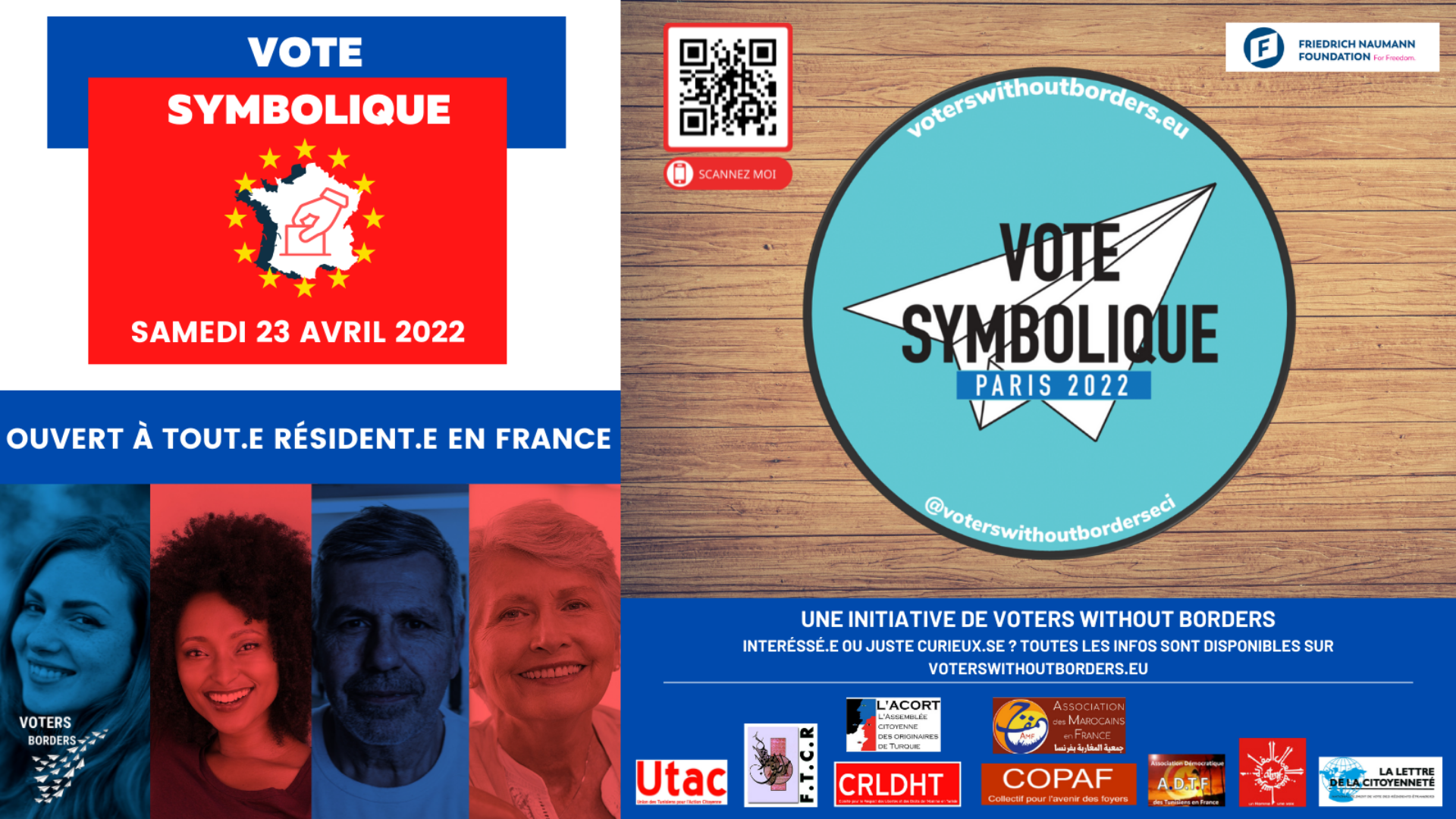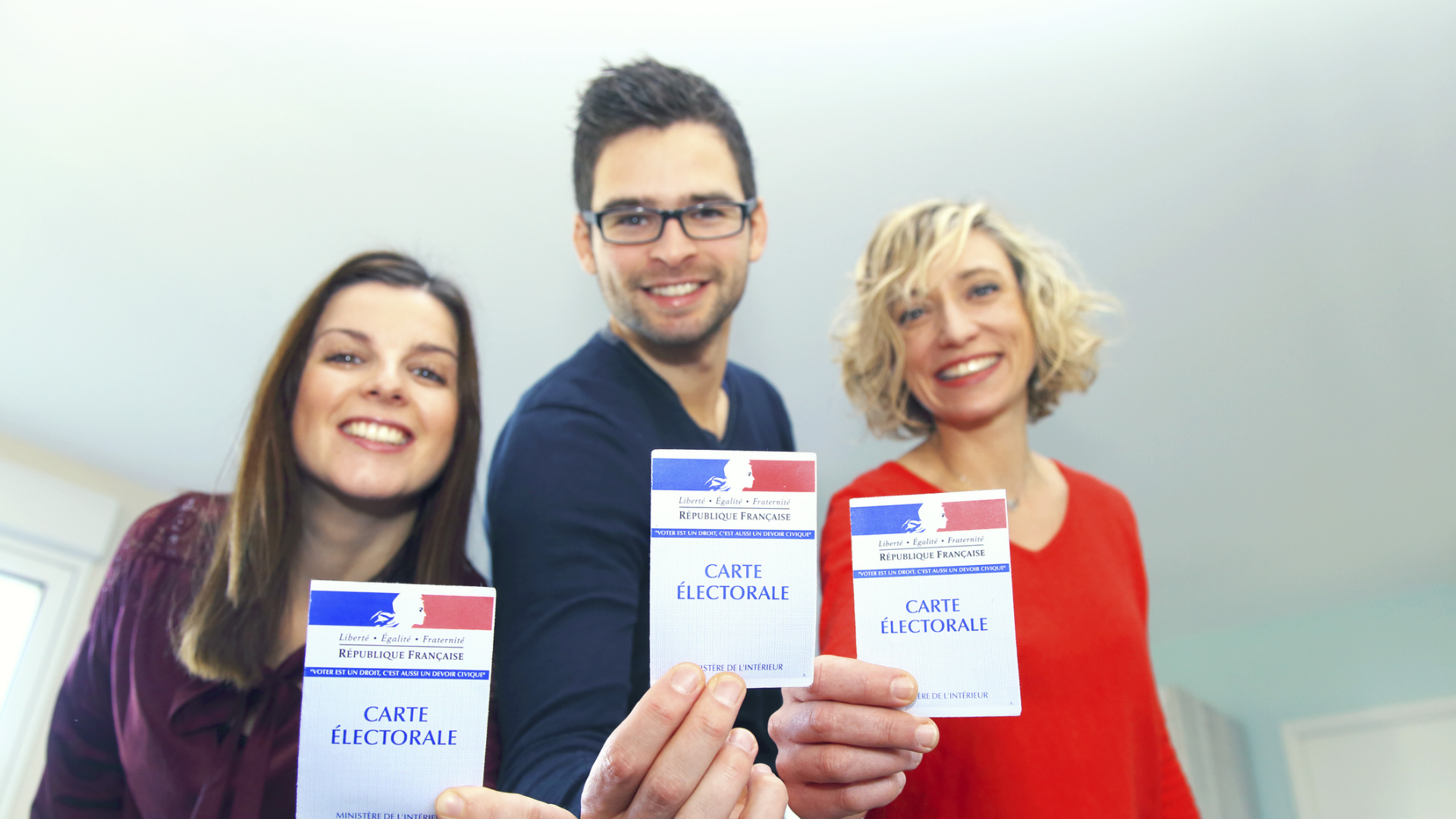Europe
Voters without Borders – A French Mock Election
Voters without Borders – A French Mock Election

Currently, electoral rights are only partially granted in the EU. In 13 out of 27 EU Member States, non-EU nationals are not allowed to vote in municipal elections. Mobile EU citizens and third-country nationals are generally excluded from national elections. For the past two years, the European Dialogue Office of the Friedrich Naumann Foundation for Freedom (FNF) has been supporting the European Citizens’ Initiative (ECI) ‚Voters Without Borders‘ (VWB), organized by the ECIT Foundation (European Citizens‘ rights, Involvement & Trust). The ECI believes that partial electoral rights are an obstacle to participation and democracy. As part of the project activities, VWB organized a mock election in Paris on 23 April prior to the presidential elections to draw attention to partial electoral rights, given France’s presidency of the European Council and the significant repercussions this election has for both France and the EU. Both mobile EU citizens and non-EU nationals were ineligible to vote in either the presidential or the legislative elections in April. The overall aim was to call attention to the exclusion of mobile EU citizens and non-EU nationals residing in France from exercising their right to vote. The exclusion takes placed even though these individuals pay taxes and reside in France. While some argue that giving the right to vote to non-nationals would interfere with domestic politics, we believe it would actually legitimize the elections and strengthen democracy.
At four polling stations across Paris, citizens were first asked whether they were French citizen, mobile EU citizen or third-country citizen. They were then given either a ballot paper with the French presidential candidates (for non-eligible French residents) or the referendum (for French citizens), depending on their nationality response. The referendum asked whether all French residents should be able to vote in regional, national, or European elections, which could be answered “Yes” and “No” in each case. Overall, 433 French citizens participated in the referendum, with an overwhelming majority supporting electoral rights for mobile citizens. Non-eligible voters were also more likely to vote for Emmanuel Macron (156) or deliver a blank vote (62) than support right-wing candidate Marine le Pen (8).
Human rights education

